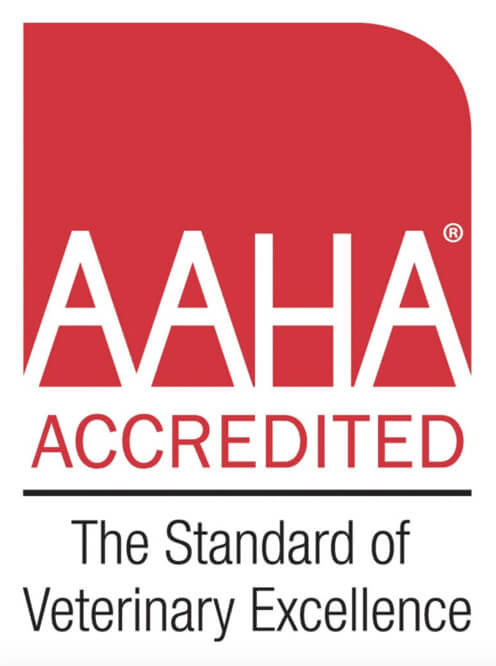If you want to maintain optimal health in your pet, a wellness examination is a must. Pets cannot tell you how they are feeling, and as a result, disease may be present before you are aware of it. To further complicate matters, as part of their survival instincts, most dogs and cats will hide signs of disease in early stages. This means that a health condition may become highly advanced before your pet shows any obvious or recognizable problems.
A wellness visit provides an opportunity for us to catch early warning signs or subtle changes that are suggestive of underlying issues. If a disease or condition can be detected before your pet shows signs of illness, steps can often be taken to manage or correct the problem before irreversible damage occurs, therefore improving the prognosis for a successful outcome. In addition, early detection and treatment is often less costly than waiting until a disease or problem becomes advanced enough to affect your pet’s quality of life.
How often your furry friend needs a check-up depends on age, breed, lifestyle and current health status. During a routine wellness examination, we’ll ask you questions about your dog’s diet, exercise, thirst, breathing, behavior, habits, elimination patterns, lifestyle, and general health. We’ll also perform a physical examination, and, based on your pet’s history and physical examination, make recommendations for specific preventive medicine treatments such as vaccination, parasite control (including preventive treatments for fleas, ticks, intestinal parasites, and heartworm), nutrition, skin and coat care, joint health, weight management, or dental care.
Testing & Screening
We always recommend wellness screenings in conjunction with wellness visits. There are four main categories of wellness testing recommended for dogs and cats: complete blood count (CBC), biochemistry profile, urinalysis, and thyroid hormone testing.
In younger pets without noticeable health complaints, relatively simple testing may be adequate. In middle-aged, senior, or geriatric pets, more comprehensive testing is advisable. For older cats or dogs, additional wellness screening tests may include chest or abdominal X-rays to assess the size and appearance of the internal organs, such as the heart, lungs, kidneys, and liver, or radiographs of the skeletal system to look for degenerative changes in the bones or joints.
In addition, we always recommend that a fresh sample of your pet’s feces be collected prior to the wellness examination. This sample will be processed and microscopically evaluated for the presence of parasite eggs. We also recommend yearly heartworm testing and prevention.
Preparing for your Visit
When you book a wellness appointment with us, ask whether you should fast your pet before the visit and if you should bring in fresh urine or fecal samples. Prepare yourself with some basic information, such as the brand and type of food that your dog eats, whether your family feeds any table scraps, whether you give your pet any supplements, and whether anybody in the family has noticed any problems. This is also the time that you should take note of any concerns you might have and make inquiries into optimal health maintenance strategies for your furry friends.

